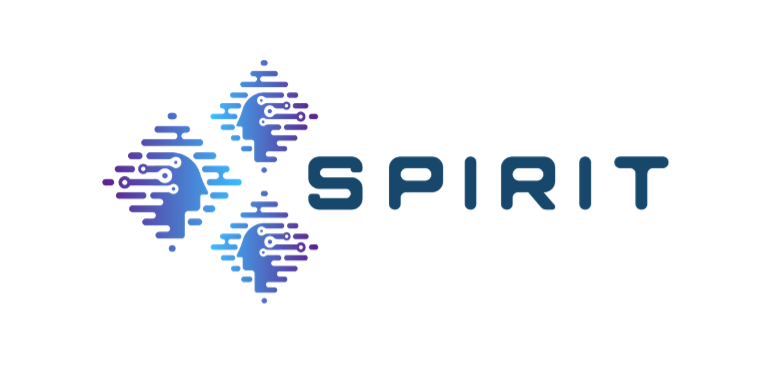ComplexCTTP: Complexity Class Based Transcoding Time Prediction for Video Sequences Using Artificial Neural Network
The Sixth IEEE International Conference on Multimedia Big Data (BigMM 2020)
September 24-26, 2020 New Delhi. http://bigmm2020.org/
Anatoliy Zabrovskiy (Alpen-Adria-Universität Klagenfurt), Prateek Agrawal (Alpen-Adria-Universität Klagenfurt, Lovely Professional University), Roland Mathá (Alpen-Adria-Universität Klagenfurt), Christian Timmerer (Alpen-Adria-Universität Klagenfurt) and Radu Prodan (Alpen-Adria-Universität Klagenfurt).
Abstract: HTTP Adaptive Streaming of video content is becoming an integral part of the Internet and accounts for the majority of today’s traffic. Although Internet bandwidth is constantly increasing, video compression technology plays an important role and the major challenge is to select and set up multiple video codecs, each with hundreds of transcoding parameters. Additionally, the transcoding speed depends directly on the selected transcoding parameters and the infrastructure used. Predicting transcoding time for multiple transcoding parameters with different codecs and processing units is a challenging task, as it depends on many factors. This paper provides a novel and considerably fast method for transcoding time prediction using video content classification and neural network prediction. Our artificial neural network (ANN) model predicts the transcoding times of video segments for state-of-the-art video codecs based on transcoding parameters and content complexity. We evaluated our method for two video codecs/implementations (AVC/x264 and HEVC/x265) as part of large-scale HTTP Adaptive Streaming services. The ANN model of our method is able to predict the transcoding time by minimizing the mean absolute error (MAE) to 1.37 and 2.67 for x264 and x265 codecs, respectively. For x264, this is an improvement of 22% compared to the state of the art.
Keywords: Transcoding time prediction, adaptive streaming, video transcoding, neural networks, video encoding, video complexity class, MPEG-DASH
Acknowledgment: This work has been supported in part by the Austrian Research Promotion Agency (FFG) under the APOLLO project and by the European Union Horizon 2020 Research and Innovation Programme under the ASPIDE Project with grant agreement number 801091.













